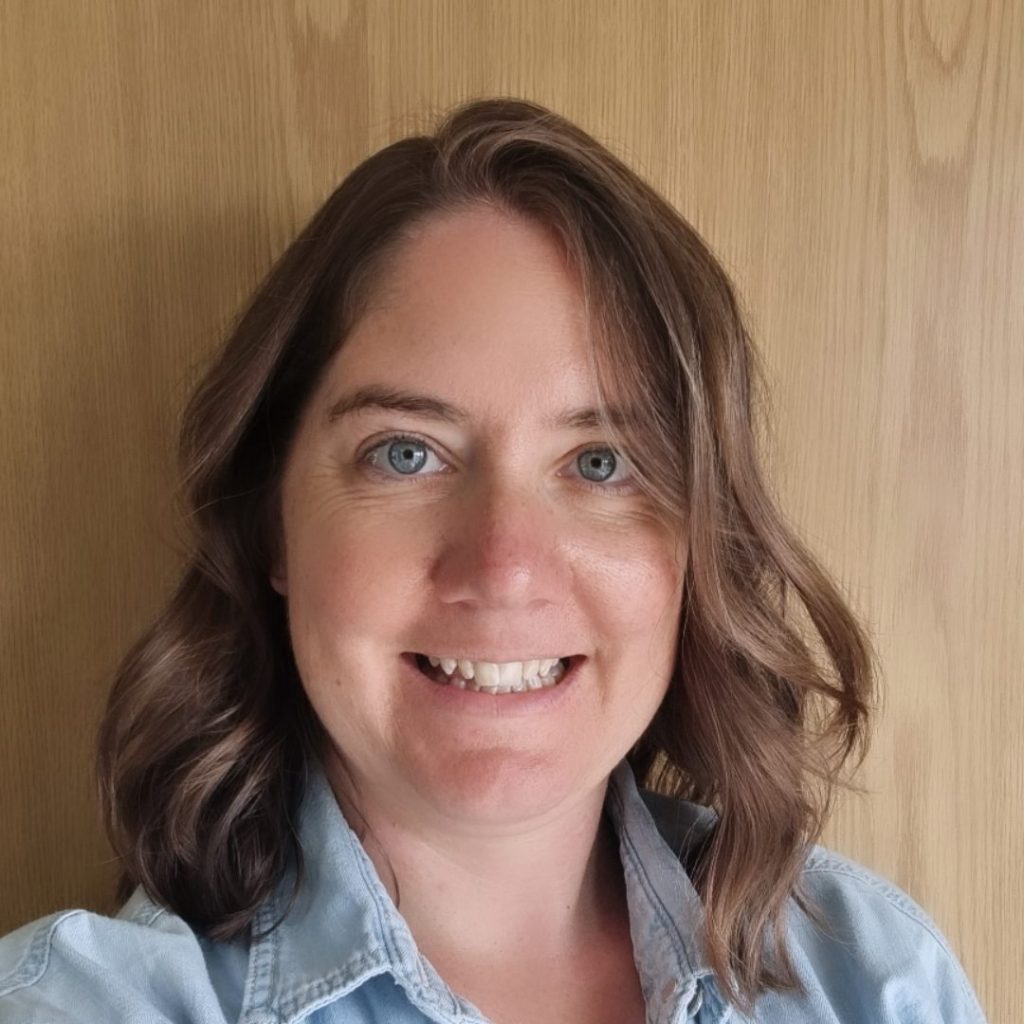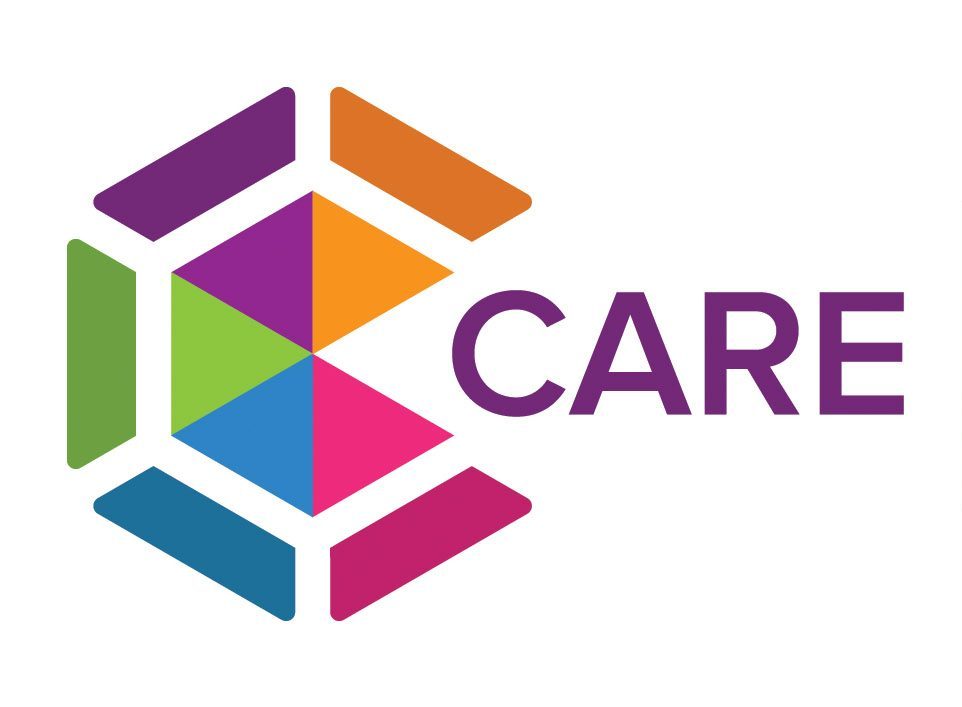CARE Lab aims to advance understanding of the population receiving care and support, to inform service planning and strategies to reduce inequalities, and to demonstrate the value of linked administrative data for adult social care research, whilst also assessing limitations.
The research questions are as follows:
- What type of care and support are adults in Wales receiving? How does this vary by impairment/condition, socio-demographic characteristics, caring responsibilities and LA?
- What are the characteristics of adults in Wales receiving care and support, compared with the rest of the population? (sex at birth, gender identity, sexuality, age, ethnic group, religion, household composition, language preference, area-level deprivation). How does this vary by impairment/condition and type of care and support?
- To what extent does social care support vary across areas?
- What are the characteristics of children who transition to adult social care services compared with those who do not?
- To what extent can the social care system be evaluated using individual-level, linked administrative care data?
Background:
Very little is known about current adult social care provision at a national level, in particular, access inequalities and support deficits. This is in the context of high staff turnover, increased demand and the impact of austerity. Bringing information together across sectors can provide powerful insights, as already demonstrated for children’s social care sector and in the health sector. Nationally standardised data on adults receiving care and support is now available across the UK, however linkage of this data is not yet in place despite Government ambitions for this. In Wales, the opportunity to securely access population level data, linked at an individual level across sectors, is already realised, with the absence of adult social care. This proposed study will integrate the recently established Welsh Adults Receiving Care and Support census (ARCS) with other data from health and social care services. Over three years and across five work packages we will address the aims above.
Study methods and activities:
In year 1 we will receive a standalone version of the 2023-24 ARCS data (n≈50,000), enabling rapid briefings on the population by key characteristics and type of need. Linked data within a trusted research environment (SAIL Databank) in years 2 and 3 will enable further description of this population through linkage to (ONS) Census data, allow comparison with the wider Welsh population, and follow individual’s journeys through health and social care, in particular from children’s social care. Qualitative interviews (n=60) will be conducted in parallel to explore with social care staff, service users and carers the barriers to, and enablers of, accessing support. These interviews will enable a deeper understanding and interpretation of the emerging quantitative findings.
We will also test the feasibility of evaluating care models using linked data. Finally, we will make recommendations for future data collection in Wales and engage with key stakeholders across the UK to support the development of similar resources in the other three nations.
Public Involvement activities:
A CARE Lab Lived-Experience Group will be recruited, to inform all work packages. For the qualitative research, people with lived experience of care and support will take part in co-interviewing.
Findings:
Ongoing
CARE affiliation:
Led by CARE
Research Leads:
Co-leads:


Jonathan Scourfield (CARE)
Fiona Lugg-Widger (Centre for Trials Research)
Research Members and collaborations:
- Ashley Akbari, Population Data Science, Swansea University
- Rebecca Cannings-John, Centre for Trials Research
- Matthew Curds, Welsh Government
- Miranda Evans, Disability Wales
- Jose-Luis Fernandez , London School of Economics and Political Science
- Melissa Meindl, CARE
- Lisa Trigg, Social Care Wales
- Nell Warner, CASCADE, Cardiff
- Paul Willis, CARE
Funder(s): NIHR Research Programme for Social Care
Funding amount: £1,441,577
Project start date: 1 April 2025
Project end date: 31 March 2028
Related stories:


